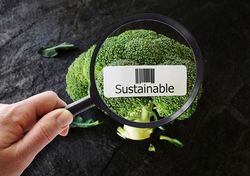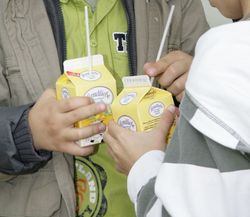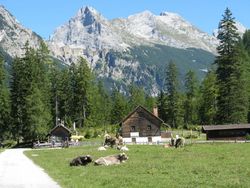Antibiotics in animal husbandry, excessive logging of forests, overfishing of the seas – the current state of agriculture, forestry and fisheries has often been criticized. Many people reject modern production systems to some extent, and demand stricter regulations for producers. Yet, by far not everybody adapts personal consumption habits to own expectations. How should policymakers and the private sector deal with this situation?
A large part of society values natural landscapes and takes a critical stance towards the modern production systems of agriculture, forestry and fisheries. However, some consumers effectively support those practices they reject through price-oriented consumption decisions. We empirically investigate the discrepancy between social attitudes and consumer behaviour.
We analyse perceptions and preferences of different social groups concerning production processes and products. Moreover, we study the acceptance of innovative products and new technologies. In this context, we capture conscious and unconscious influencing factors to achieve a better understanding of the interaction between values, attitudes, and social patterns of behaviour.
Related to these topics, we develop answers to important research questions:
- What do people expect from different production processes of agriculture, forestry and fisheries?
- Which trade-offs do consumers face at the counter?
- In which way do citizens and consumers like to be informed about food and non-food products?
- Which obstacles hinder consumers to adapt their consumption behaviour according to their attitudes? And what motivates them to do so?
- Which recommendations for the future orientation of research, economy and policy result from these analyses?

![[Translate to English:] [Translate to English:]](/media/_processed_/3/e/csm_AdobeStock_249730128_92f14d3a63.jpeg)
![[Translate to English:] [Translate to English:]](/media/_processed_/3/e/csm_AdobeStock_249730128_a6fcf4c893.jpeg)














